|
Whether you're loyal to a bar of soap or a bottle of body wash, you probably have strong opinions about which one is better. Both have their own advantages and disadvantages, so it's important to choose the one that's right for you. In this article, we'll take a closer look at bar soap and body wash, and help you decide which one is right for you. What is Bar Soap?
What is Body Wash?Body wash is a newer form of body cleanser that's made with a water-based formula. It's available in a variety of scents, colors, and formulas, including foaming, moisturizing, and exfoliating. Body wash is typically more expensive than bar soap as it is made of sulfates (common foaming agent), propylene glycol (antifreeze), silicones, and parabens (artificial preservatives), to help remove dirt and oil from the body. Body wash is available in a variety of scents and colors, and it can be used by people with all skin types. What is the difference between body wash and body gel?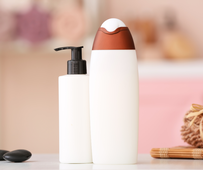 Is body gel better than body wash? Is body gel better than body wash? Body gel is a type of body cleanser that is typically made with a water-based formula and contains moisturizing ingredients. It is similar to body wash in that it is used to clean the skin, but it may be more hydrating and less drying than body wash. Body gels are available in a variety of scents and colors, and they can be used by people with all skin types. They are typically more expensive than body wash, but they may be worth the extra cost if you have dry or a skin sensitivity towards the ingredients. So...is bar soap or body wash better for your skin?So, which is the right choice for you? It depends on your individual needs and preferences. If you have dry skin, body wash is a better option. If you have sensitive skin, look for a bar soap that is fragrance-free and hypoallergenic. If you are on a budget, bar soap is a more affordable option. And if you are looking for a product that lathers well, bar soap is the way to go.
Here are some additional factors to consider when choosing between bar soap and body wash:
Ultimately, the best way to choose between bar soap and body wash is to experiment and see what works best for you. Dry skin is a common problem that can affect people of all ages. It can be caused by a number of factors, including genetics, climate, and medical conditions. Dry skin can make your skin feel itchy, scaly, and uncomfortable. It can also make you more susceptible to infection. There are a number of things you can do to help keep your dry skin under control. One of the most important things is to choose the right soap. Commercial soaps are often made with harsh chemicals and detergents that can strip your skin of its natural oils, making it even drier. Natural soaps, on the other hand, are made with gentle ingredients that are designed to moisturize and soothe your skin. Here are some of the benefits of using natural soap for dry skin:
When choosing a natural soap for dry skin, be sure to look for a soap that is made with natural ingredients, such as olive oil, shea butter, or cocoa butter. You may also want to choose a soap that is labeled as "moisturizing" or "hydrating." Here are some tips for using natural soap for dry skin:
By following these tips, you can use natural soap to help keep your dry skin soft, smooth, and hydrated. Here are some additional tips for people with dry skin:
If you have dry skin, it is important to take care of your skin. By following these tips, you can help to keep your skin soft, smooth, and hydrated. Turmeric is the root of the curcuma longa plant native to southeast Asia. It is a popular spice used in many Asian cuisines; however, it is world-renowned for its use in traditional Ayurvedic and Chinese medicine for its anti-inflammatory, therapeutic and medicinal properties. For centuries, women have used turmeric masks as an anti-acne treatment due to its potent antiseptic and antibacterial properties. This process can be quite messy and time consuming, and in today’s climate, time is of the essence. That is why turmeric soap is more beneficial that turmeric masks; they are economical, easy to use, easy to store and transport, less messy, and contains other ingredients that accelerates its potency. In this article, we will briefly discuss the benefits of using turmeric soap in your skincare routine. Top 5 Turmeric Soap Benefits: 1. It treats acne symptoms. Turmeric contains antiseptic, antibacterial, and anti-inflammatory properties that are ideal for treating acne. It reduces swelling, redness and soreness associated with inflamed skin. It also unclogs pores and reduces excess sebaceous gland oil production, two factors that are crucial for both preventing and treating acne. Turmeric is high in antioxidant and antiseptic properties that halts the growth of bacteria that causes acne. Turmeric Soap made with additional antibacterial ingredients, such as lemongrass, tea tree, neem, and rosemary oil, is a great choice for people suffering from acne. 2. It naturally lightens skin under arms, knees, and hyperpigmentation. Turmeric soap is good for blemishes, burns, and dark spots under the arms, the inner thigh, knees, and elbows. Curcumin, an antioxidant found in turmeric, helps to naturally lighten dark spots on the skin by lowering melanin production. It also good for the face because it evens the skin tone and brightens dull skin from acne scars. 3. It promotes youthful skin. Because it contains antioxidants, turmeric soap fights free radicals, which are primarily to blame for skin aging. Combined with oils, such as coconut, avocado, and olive, turmeric soap promotes skin elasticity to maintain a youthful appearance. It is quite effective at reducing fine lines, wrinkles and dark spots associated with aging. 4. It exfoliates the skin. Turmeric powder provides a gritty texture that makes it a natural exfoliator. It naturally scrubs dead skin cells caused by acne, burns, or scars, and smooths the skin. Turmeric soap is great alternative to face masks because it is not as messy and easier to use daily. The soap can be applied directly on the skin, or as a wash. It is also great for the heels of the feet. 5. It promotes healthy skin. The anti-inflammatory and wound-healing qualities of turmeric help to alleviate the signs and symptoms of bleeding, cracked, or inflamed skin. Because of this, our turmeric soap is a fantastic option for treating skin conditions such as eczema, psoriasis, dermatitis, and rosacea. It has a thick, creamy lather that makes it perfect to use to shave the face, legs, and under the arms. The nourishing combination of turmeric, aloe vera, tea tree, and lemongrass protects the skin from razor burns, bumps, and cuts. Why Choose Kali's Creations Turmeric & Lemongrass Bar for your Skincare Routine? If you suffer from the skin issues discussed in this article, then our soap bar is the best choice for you! It was specifically created with other skin healing ingredients to alleviate dry, oily, itchy, and sensitive skin. Our Turmeric & Lemongrass soap bar contains the following ingredients:
Each of these ingredients add a special component to this soap bar. In conclusion, our Turmeric & Lemongrass bar can offer the following skin benefits:
While touring northeast Ohio during the summer craft show season, I have encountered customers who, like myself, love the great outdoors! Many of them ask me for a soap bar that is great for repelling insects and soothing itchy, sun-burned skin. After sampling all my soap bars throughout the years, I can honestly say, our Bugger Off Mosquito soap, made with pine tar and activated charcoal, is at the front of the soap line. Our long-term customers delight in sharing with us how it works well for them while they tend their gardens, hike, and camp. You may be wondering…. what is pine tar? Is pine tar soap good for your skin? In this article, we will discuss what it is and how it's made, and what are the benefits of using pine tar soap in your skincare regime. What is Pine Tar? Pine tar is a viscous, sticky, all-natural material formed when pine trees' wood is burned. Scandinavian countries predominantly used this chemical throughout the Iron Ages to preserve and protect old ships from harsh winter conditions. Pine tar was later employed for medical purposes in ancient Greece. Known for its antibacterial and antifungal properties, pine tar soaps have been used for its medicinal benefits in treating skin conditions for thousands of years. Pine tar soap has been proven effective in soothing psoriasis and eczema, reducing itching of the scalp due to dandruff, easing inflammation of the body, relieving itching associated with bug bites, and treating other skin irritations. It is also helpful in soothing and treating poison ivy symptoms. Soap made with pine tar is an excellent choice for bathing, showering, and shaving because it cleans, moisturizes and calms the skin. Pine tar, like pine oil, has a strong odor, and when combined with essential oils, such as citronella and lemongrass, it soothes mosquito bites and repels insects, making it ideal for people who love the outdoors. For generations, pine tar has been traditionally associated with homemade, natural soap for topical conditions. Soaps made with pine tar are an excellent choice for bathing, showering, and shaving because it cleans, moisturizes and calms the skin. Here are 5 Reasons Pine Tar Soap is Good for Your Skin:
Pine tar soap is beneficial to mountain climbers, hikers, fishermen, hunters, gardeners, landscapers, nature walkers, and campers. However, pine tar is not suitable for people who have excessively dry skin, are pregnant, or have hypersensitive skin.
By: Kali Howard In the last 20 years, activated charcoal has grown in popularity and become a staple in many skincare products. Today, this component can be found in a wide range of products for the skin, hair, and even food. Activated charcoal soaps, in addition to face masks, have become a trend that is captivating the attention of the beauty and care market in general. Because of its absorbent, purifying, and detoxifying properties, activated charcoal soaps and skincare products are an excellent choice for cleansing the face. Many benefits of natural charcoal or activated charcoal can be found on the internet, but its greatest potential lies in how this substance is used and how its astringent and absorbent abilities are boosted when it is used in the form of soap. Charcoal soap is very beneficial against acne, bad odors and bacteria, blemishes, scars, and dead, flakey skin! Here are a few questions in regards to how charcoal soap is great for your skin! 1. Does Charcoal Soap Get Rid of Acne? Activated charcoal absorbs excess sebum from the skin, dries pimples, and prevents acne. The activated carbon present in charcoal soap absorbs oil along with dirt and debris from the skin. It's an effective way to remove unwanted oil from your without stripping it of its moisture. Furthermore, charcoal soap not only controls but also aids in the treatment and prevention of pimples, blackheads, and pimples. It is beneficial to use it daily for a good treatment. One of my pet peeves is looking into a mirror and noticing how oily my face is after a day of running errands. I have combination skin and my t-zone is shining from the excess oil my skin and the need to blot my face is essential!! I find that when I use soaps made with activated charcoal, I don’t have to blot my face at all during a day in the sun. I wear make-up once per week and my oily skin is under control whenever I cleanse my face with soap made with charcoal. I decided to make a soap with Eucalyptus & Aloe and added activated charcoal to a portion of the soap. I wanted to incorporate the charcoal into the bar to not only add a beautiful, art element to the soap, but to gently exfoliate dry skin and detox my face without over-drying my cheeks. I wanted a balanced soap that effective relieved my combination of dry and oily skin needs. This bar hits the mark! 2. Can Charcoal Soap Reduce the Size of Pores? Environmental pollutants such as living near a factory or gas station, pollution, smoke, dust, and make-up are often responsible for the conditions of the skin because microbes settle in the pores. When the skin is not adequately purified daily, the accumulation of these impurities causes the pores to enlarge and therefore become more visible on the face. The use of charcoal soap not only extracts dirt and residual products, but also unclogs pores and reduces their size. The grainy texture gently exfoliates the skin to get rid of dirt and grime, making charcoal soap great for people who work with their hands (mechanics, gardeners, painters, construction workers, etc.). 3. Is Charcoal Soap Good for Dry and Oily Skin? Charcoal soap is great for all skin types because it balances the skin and only targets what is irritating the skin. On the one hand, it extracts excess oil in oily skin; on the other hand, it moisturizes and nourishes dry skin, while purifying the skin at the same time. It is also suitable for sensitive skin because charcoal effectively relieves conditions associated with inflammation and skin allergies. 4. Does Charcoal Soap Exfoliate Skin? Activated charcoal is an exfoliate because it contains purifying and detoxifying components that effectively scrubs away dead cell cells, thus improving skin texture and helps with hyperpigmentation. Its gentle, fine texture smooths away rough patches on the skin without drying or tearing the skin. Can you use charcoal soap every day? Sure! If you have oily skin, use this soap daily and leave it on the skin for at least 30 seconds, then thoroughly rinse off with cool water to seal in the moisture. However, if you have dry skin, it is recommended that you wash your face and neck with this soap every two or three days 5. Can Charcoal Soap Reduce Premature Aging? Using soap made with activated charcoal is an effective way to slow down the skin aging process. It gradually promotes the restoration of skin cells and reduces fine lines and wrinkles, preventing a fatigued and dull appearance. 6. Does Charcoal Soap Help Kill Bacteria? Activated charcoal is an ingredient that has anti-inflammatory and antibacterial properties that relieve irritation and inflammation of the skin. It is highly absorbent, so it draws out the impurities that are present in the skin to relieve inflammation and itchiness. This quality makes charcoal soap an excellent choice during outdoor activity, such as camping, hiking, gardening, boating. Applying a simple mask of activated charcoal to the irritated skin detoxifies and relieves the skin. 7. Is Charcoal Soap Good for Eczema and Dry Skin Conditions? Most skin conditions, such as eczema, psoriasis, dermatitis, and dandruff are results from dry skin and allergic reactions. Activated charcoal contains anti-inflammatory and anti-microbial properties that soothes irritation and relaxes the skin. In conclusion, charcoal soaps have a detoxifying and clarifying impact on the skin. It controls and balances oil production while completely cleansing the pores, making it ideal for acne-prone, oily, combination, dry, and sensitive skin. Activated charcoal soaps have a fine, gritty texture that removes resins, oil, grime, and unpleasant odors while also healing small cuts and abrasions. The addition of essential oils to the soap enhances the bar's antibacterial, anti-inflammatory, and skin-rejuvenating properties. Use activated charcoal soap to relieve your skin. The Soothing Benefits of Essential Oils in Skincare ProductsEverything that we think and perceive in our environment is through our senses. It allows us to differentiate what is good for us, and what is hazardous to our health. One of the most sensitive senses through which we can perceive many sensations is the sense of smell. Smells have an enigmatic influence over us. We may be compelled to react in many ways based off a specific scent. The scent of a food may trigger our stomachs to growl. An odor such as smoke or a certain chemical can alert us of danger. A specific scent can transport us to a different time in our lives and affect our mood. This can be both gratifying and debilitating. In the universe of aromas, we can find a wide variety of essences of natural origin that have many benefits for the human body. These essences are popularly known as essential oils. In this article, we are going to introduce you to the properties and benefits of the most well-known essential oils used in natural skin care products. In this way, you will be able to select the essential oil that suits your needs and interests. WHAT ARE ESSENTIAL OILS? Essential oils are compounds extracted from plants, seeds, tree barks, roots, and flowers. They are able to penetrate the epidermis, or skin, to the dermis, the thick layer of tissue under the skin. Essential oils have a low molecular weight, and this component makes them compatible with cell membranes. They all have a unique aroma and are made for a variety of purposes. Essential oils are usually found in a liquid state in the form of perfumes and oils. Although essential oils are most used as a fragrance, they are also used for their antibiotic, antiseptic, anti-inflammatory, and pain-killing properties. Essential oils are administered in 3 ways:
THE BEST-KNOWN ESSENTIAL OILS Here is a list of the most used and accessible essential oils:
PROPERTIES AND BENEFITS OF ESSENTIAL OILS
Essential oils have many benefits and associated properties. Below is a list of the most commonly known essential oils and its properties and benefits:
|
AuthorKali Howard has over 10 years of natural soapmaking experience. She is a married mother of 3 beautiful children. Archives
March 2024
Categories |


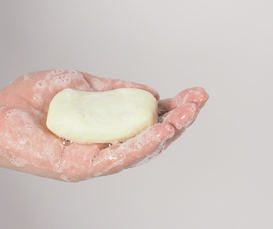
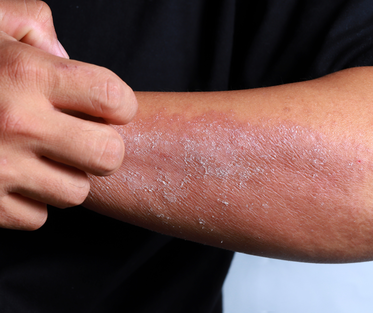
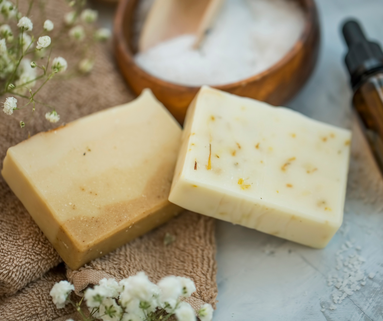
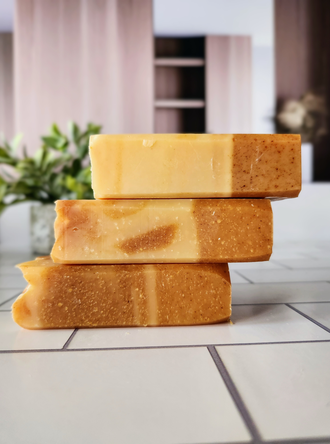
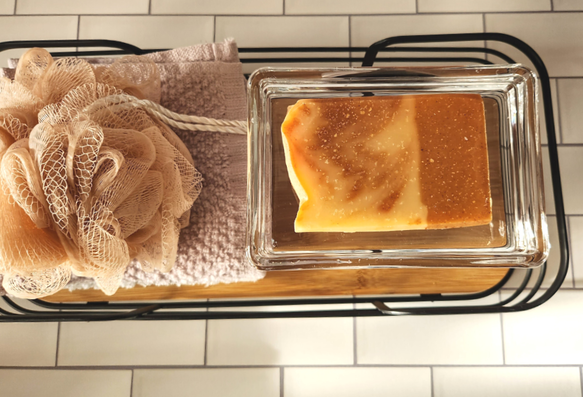
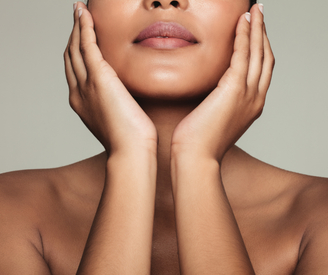
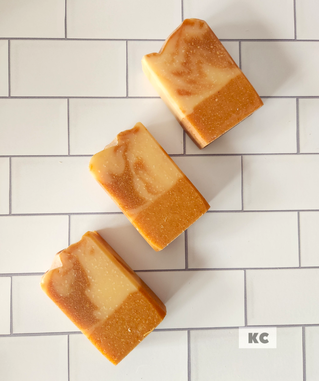
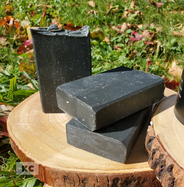
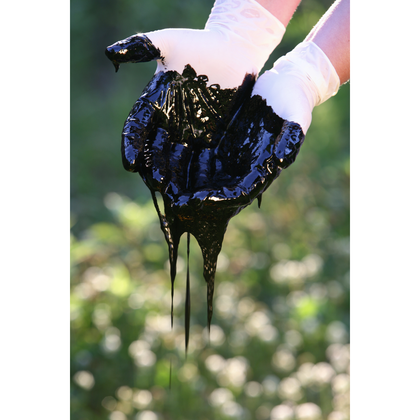
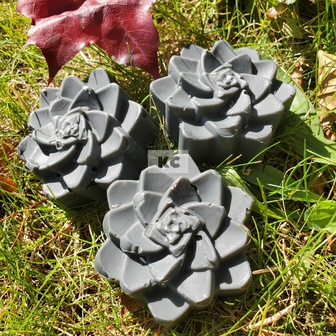
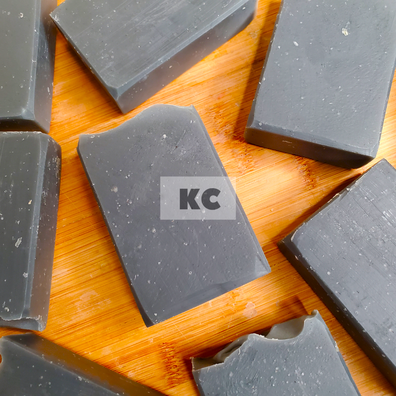
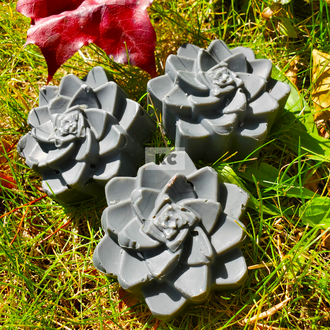
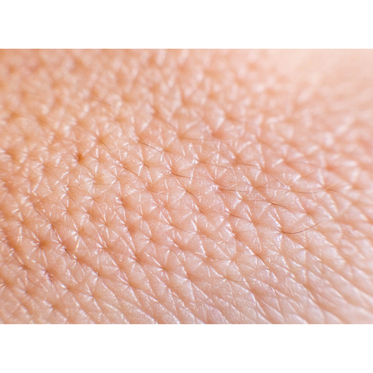
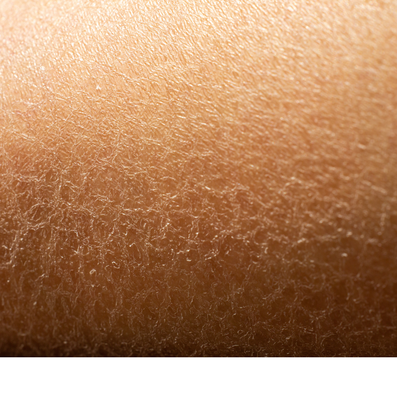
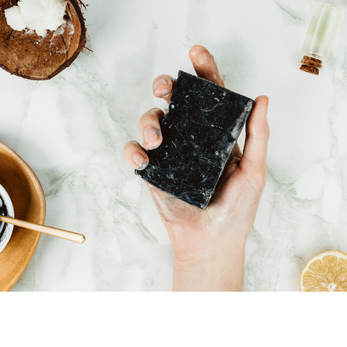
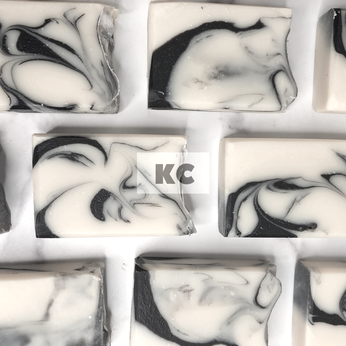
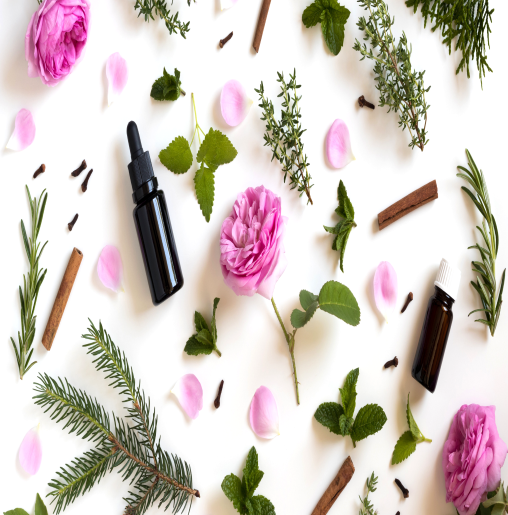

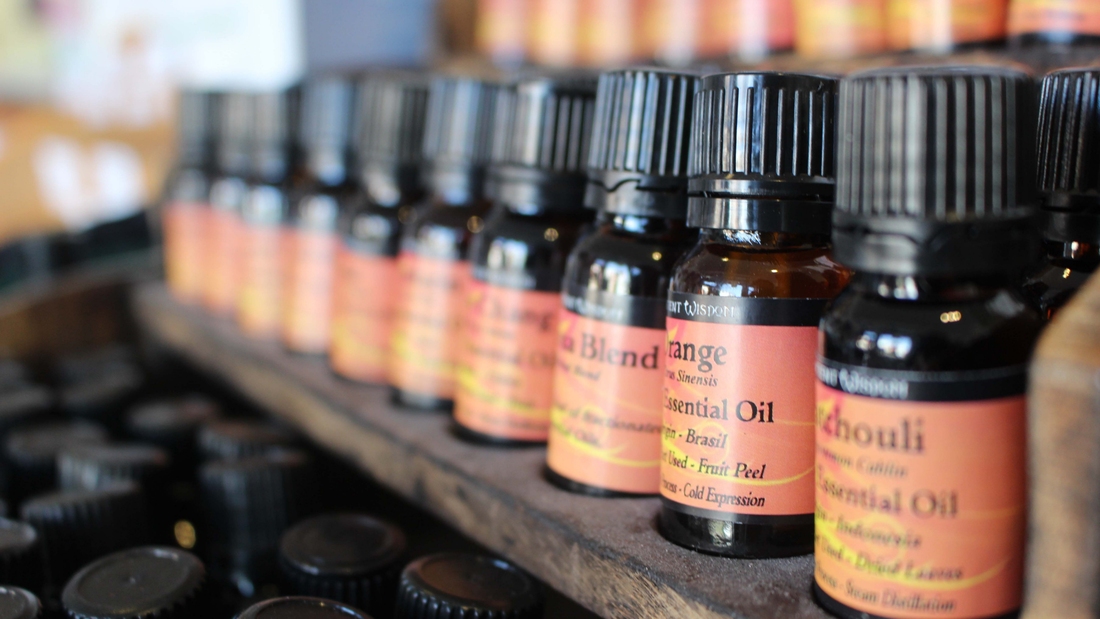
 RSS Feed
RSS Feed
